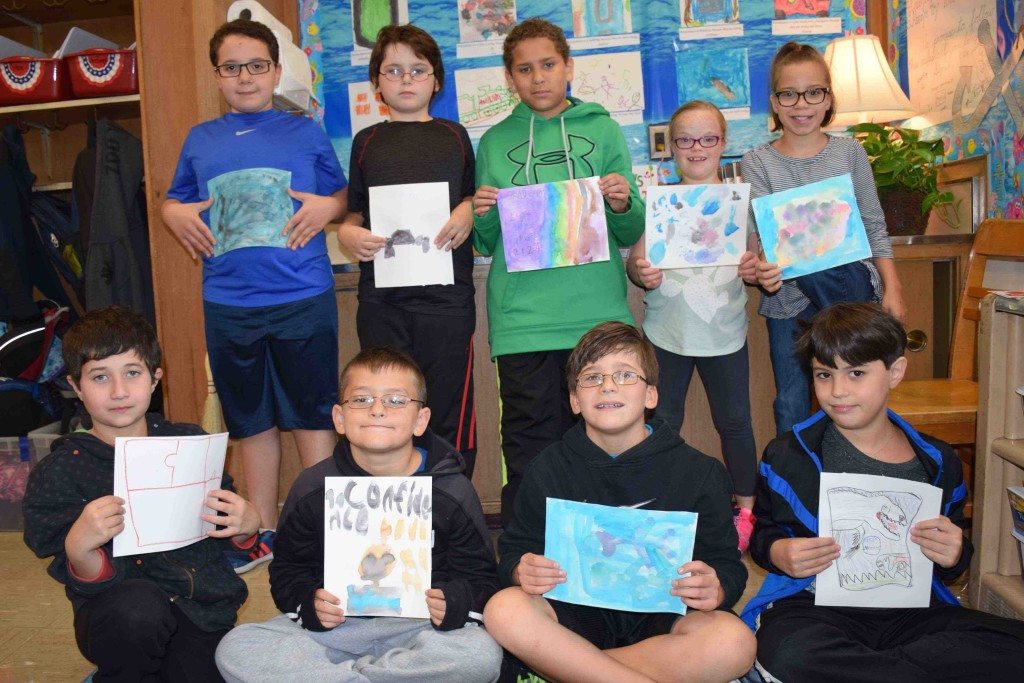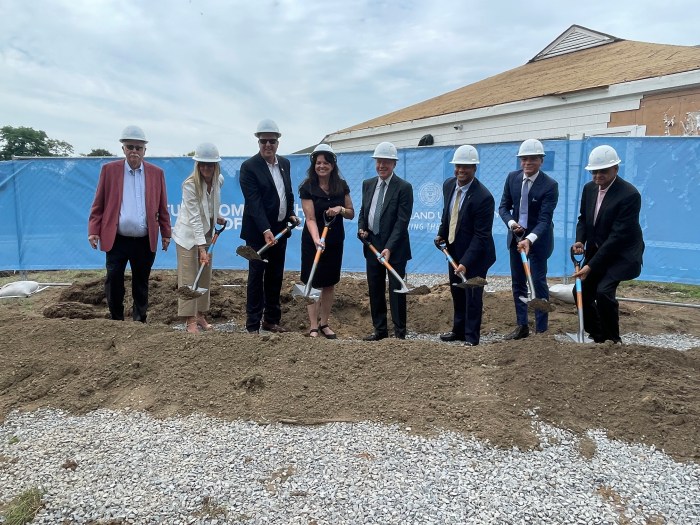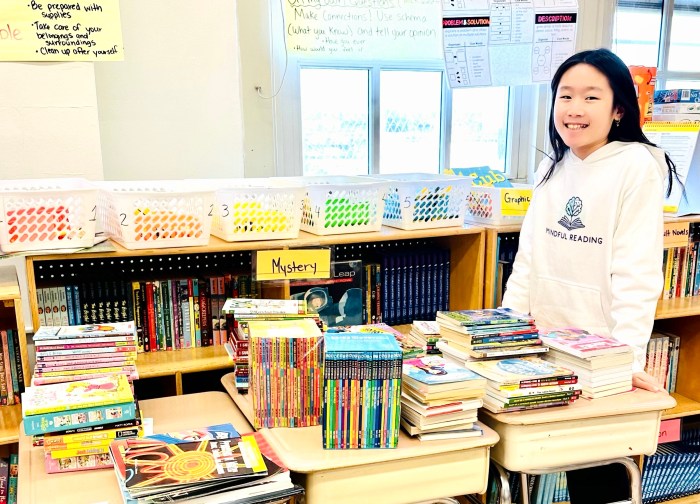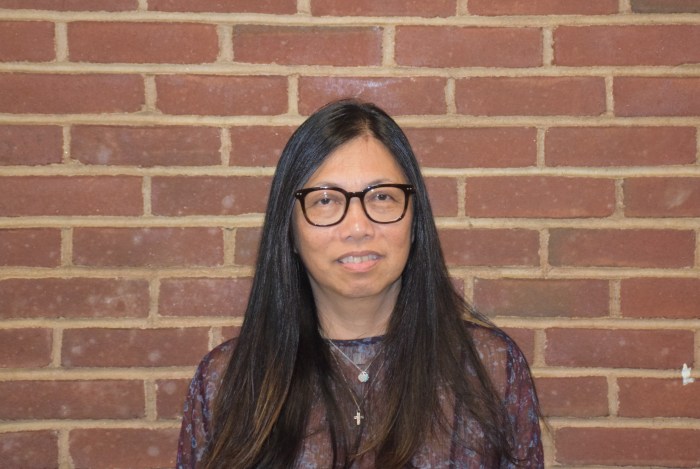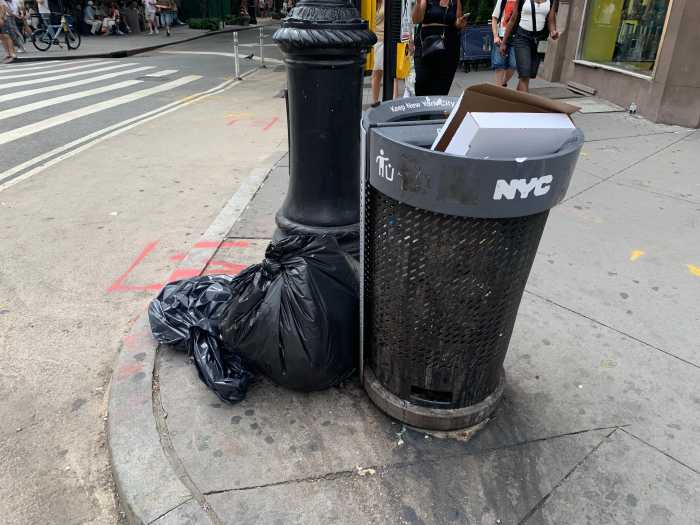More than 60 teachers in the Massapequa School District have received training in the Project Zero Classroom initiative over the past six summer

s, which has created a new level of student participation in all grade levels. Teachers are sent for this weeklong training at Harvard University as a joint venture between the district and the Massapequa Community Fund.
Diana Haanraadts, the assistant to the superintendent for instructional services and general administration, said the goal is to create more student engagement in the classrooms. Teachers are creating a seminar style atmosphere by facilitating rich and meaningful discussions that allow students to share their thoughts and learn from one another.
During the training, teachers spent five full days in intense classes. “It’s very eye-opening and it’s very challenging,” said Haanraadts. “It makes you think differently about the way you’re teaching and the way kids are learning.”
Berner Middle School seventh-grade English teacher Louisa Vecchione attended the training twice and has since implemented Chalk Talk posters in her classrooms. On a large piece of paper, students each have to respond to a quote from a book, a concept or an image. By taking the pressure off of students in having to answer in front of the entire class, they are more willing to share their thoughts and often expand on each other’s ideas.
Megan Pavlick, a fifth-grade teacher at Fairfield Elementary School, has her students do weekly reflective journaling. They create illustrated metaphors based on a concept they learned that week using various artistic mediums. After a classroom brainstorming session, students make their metaphors as classical music plays in the background, then share and discuss their finished pieces.
“Reflective journaling provides opportunities for ongoing assessment for the teacher and self-assessment for my students,” said Pavlick. “These artists, thinkers, scholars, readers and writers all value each other’s thinking. What else could a teacher ask for? It’s my favorite time of our week together.”
Many of the teachers who have attended the training continue to meet in groups to discuss their implementation of Project Zero. Others have provided workshops for Massapequa teachers and some, like Vecchione, have presented at regional and state conferences.




